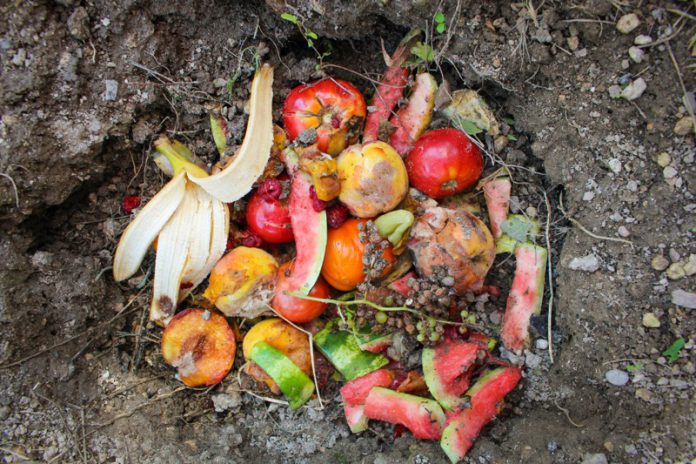Change begins at home. And if there’s a change that’s important to make right now, it’s being more efficient with your resources. This means reducing the waste that your family produces or throws away to be sent to landfills.
In every household, one of the areas that’s most susceptible to the accumulation of waste is the kitchen. This can come from food scraps, leftovers, and food packaging. Depending on where and how you shop, you may find that you’re constantly filling your bin to the brim with trash.
Fortunately, if you’re serious about making a change, there are little habits you can instill at home so that everyone’s on the same page about waste efficiency. This article gives you some of the ways you can achieve that goal.
1. Start A Compost Pit
If you’re a homeowner with a big garden, what’s stopping you from starting a compost pit? Food scraps such as leftovers and fruit or vegetable peelings are unavoidable in the kitchen. But instead of chucking them into the trash can, why not bury them to create a compost pit?
Making a compost pit isn’t that difficult. Plus, it has benefits that go beyond reducing your food scrap waste. The resulting compost will help you grow your own vegetables at home. This allows you to adopt a farm-to-table lifestyle and reduce your chances of taking in chemicals from food that’s been treated with pesticides and other harmful substances. It also helps you cut down on food expenses since you no longer have to purchase certain fresh ingredients.
If composting isn’t something you can do, this URL will lead you to one of many rubbish removal companies that can take care of your household waste. By requesting such services, you can have peace of mind knowing that your waste is being disposed of properly and anything that can be recycled are sent to the proper recycling plant.
2. Bring Your Own Reusable Bottles
If you have to go out for errands and whatnot, bring your own reusable bottles filled with water or any beverage of your choosing so you can stay hydrated. This way, you don’t have to purchase bottled drinks whose containers would only end up in the trash.
The same thing applies if you enjoy drinking coffee from your favorite café. Rather than have the barista serve your coffee in a plastic or paper cup, you can give them your reusable mug or thermos instead. This can help cut down the trash you produce, especially when it has to do with something you do every day.
If you have the time for it, you can create your own hot and cold drinks at home. Not only is this more environmentally friendly since you won’t be using disposable containers, but it’s also better for your health. You have more control over the amount of sugar and other ingredients you put in, for instance.
3. Use Reusable Grocery Bags
When you do grocery shopping regularly and don’t bring reusable bags, this likely means that there are a lot of plastic bags accumulating in your kitchen. How many of those will you actually recycle? Sure, you can use them again as trash bin liners, but since those plastic bags will be brought to the landfill in the end once they’re filled with waste, you’ll still be contributing to the problem.
With that, another way to maximize the waste efficiency in your kitchen and household is to shop using reusable bags. You can use any bag for this purpose, and many stores can provide you with reusable bags as well. You can fold them up and keep them in your car or bag so you can access them anytime.
Along this line, you have to be more conscious about your decisions when shopping. Rather than purchasing vegetables and fruits wrapped in plastic at the supermarket, go to your local farmer’s market. All that plastic packaging is unnecessary waste that you’ll only throw away as soon as you remove them. If you can shop for fresh food without plastic involved, then by all means go for that sustainable option.
4. Plan Your Weekly Meals
Lastly, it pays to take the time to plan your meals for the entire week. You can do this on the night before your designated grocery shopping day. In doing so, you only have to go to the supermarket once a week or even less frequently.
When creating a meal plan, you also have to write a grocery list of the ingredients you’ll need to whip up those dishes and snacks you’ve decided on. This can prevent you from shopping on a whim and taking random items from the grocery shelves that you won’t even get to consume. Remember that the occurrence of food waste in the kitchen is a result of people buying more than what they need.
Conclusion
There’s no better way to start change than by doing it at home. When you make this conscious effort, it becomes a way of life that you and your family can practice wherever you go. As you can see, maximizing waste efficiency doesn’t have to involve drastic and expensive measures. You can always start small. What’s most important is that you follow through with your decision to establish and maintain an eco-friendly lifestyle.









































